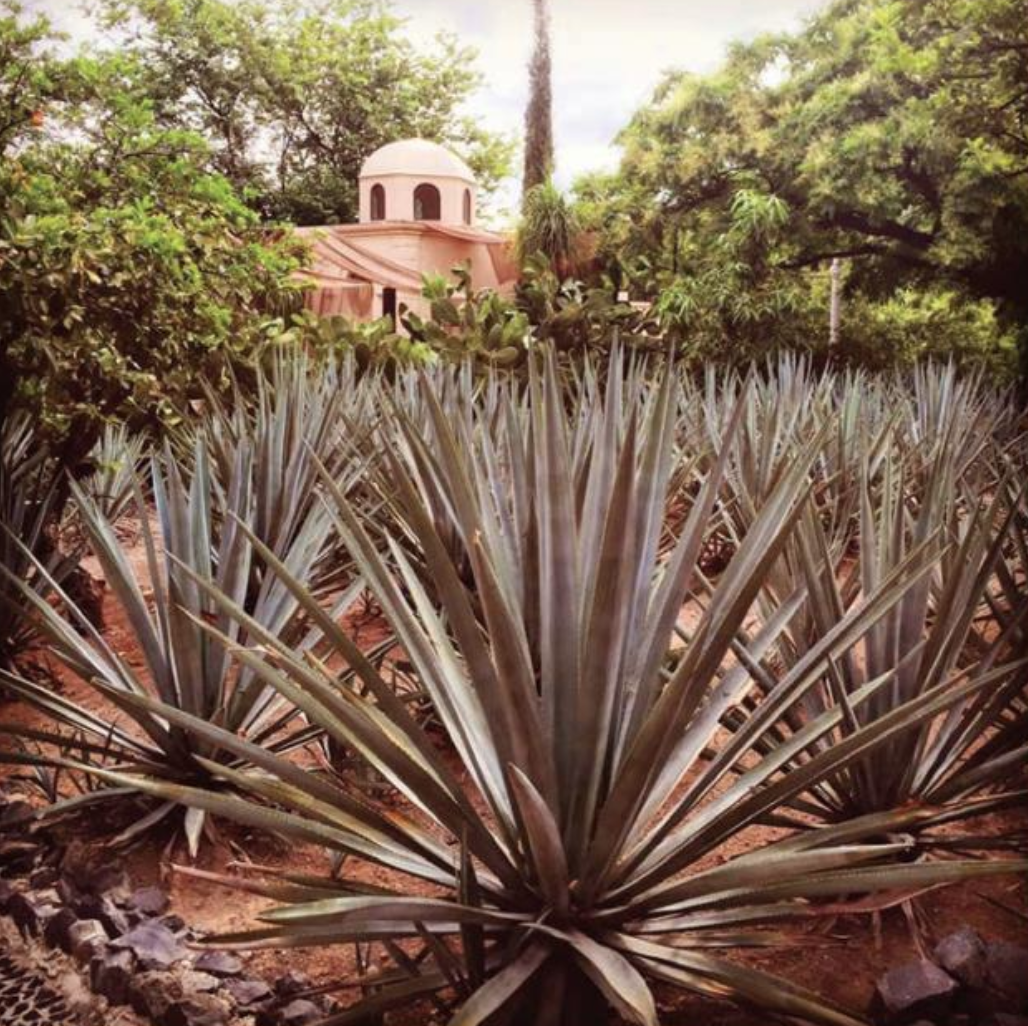Great tequila is typically the result of careful stewardship, expert craftsmanship, and the skilled palate of the master distiller. But for Jose “Pepe” Hermosillo, founder of Casa Noble Tequila, there’s an additional intangible ingredient. As a seventh generation distiller, tequila is literally a part of Hermosillo’s DNA.
In the 1700s, Hermosillo’s great-grandmother was married to the brother of Don Pedro Sánchez de Tagle y Pérez Bustamante, the Second Marquis of Altamira, and the man recognized historically as “the Father of Tequila.” Generations later, a profession has become a passion.
“My family has been producing tequila for hundreds of years,” Hermosillo says. “When my father passed away, it became my quest to create something very special that he would be proud of, which is how I started Casa Noble.”
Hermosillo started the brand in 1997 with the simple goal of making the best tequila he could. The philosophy at La Cofradia Distillery, located in the town of Tequila, in the western Mexico state of Jalisco and where Casa Noble is produced, is that making tequila is an art form.
“I took all my family’s collective knowledge and created a process that honors every step and detail critical in creating a balanced, complex, three-dimensional spirit, true to its heritage,” he says. “Every day we live this passion for creating the best tequila possible.”
What it means is that things are done differently at Casa Noble. From the technical processes to the wood, the yeast and even the land itself, Hermosillo and his team re-examined how the spirit would be crafted. For example, most tequilas are distilled twice in large column stills. Casa Noble adds a third step, and uses traditional pot stills, allowing the distiller to better shape the flavor during cooking and fermentation.
“All tequila, by law, must be at least double distilled,” Hermosillo says. “We go one step further with the additional distillation because it allows us to cut the ‘heads’ and ‘tails’ of the tequila – meaning the unpleasant, bitter or acidic aromas and flavors that occur at the beginning and end of each distillation. This way, only the very best part of the tequila remains. We do lose some additional yield by distilling a third time, but this will give us the best of the aromas, together with a brightness and wonderful mouthfeel.”
Although most tequilas that are aged spend time in bourbon barrels, those barrels tend have a heavy char on the inside, “that doesn’t allow the delicate aromas and flavors of agave to fully shine,” Hermosillo says. So Casa Noble is rested in new, lightly-toasted, imported French oak barrels.
“I go to France every year and individually pick out the French white oak at auction, which we then use to age the tequila,” Hermosillo says. “The tight-grained French oak delicately imparts notes that complement the natural agave aromas, giving the liquid a more distinct and complex character that truly sets Casa Noble apart from other tequilas on the market.”
When it comes to the fermentation process, Casa Noble employs a natural, unassisted approach. It takes a full five days to reach full fermentation, in part because only natural yeast is used, as opposed to cultured yeast. It transforms the natural sugars into alcohol, but does so slowly, in open, stainless steel tanks. The extra effort, Hermosillo says, is worth it.
“By having natural yeast, we capture all that is around us and bring it into our tequila,” he says. “I love walking the distillery with people who have never been here, and I tell them to observe distinct aromas from the trees and the vegetation. Then we taste our Casa Noble Crystal, and their eyes widen as they recognize the aromas I noted during our walk in the tequila. By having the natural yeasts, we capture the true essence of the place in our tequilas.”
The process allows Hermosillo to put his family’s stamp on its varying types of tequila, including:
Casa Noble Crystal (Blanco) – With a clean, crisp taste, it celebrates the fresh flavor of the Blue Weber agave, with aromas of honey, buttery-sweet cooked agave and a hint of citrus.
Casa Noble Reposado – Aged for 364 days in French white oak barrels – other reposados are aged for four to six months – it presents aromas of vanilla, lemongrass and floral notes, balanced with flavors of sweet, cooked agave and toasted oak.
Casa Noble Añejo – Aged for two years in French white oak barrels, the complex aromas of dried fruits and spice complement flavors of toasted oak, butterscotch, vanilla and cooked agave.
Casa Noble Joven – The tequila presents notes of earthy, cooked agave and sweet floral and tropical fruit. At 102 proof, it gives a unique flavor experience, while aging it briefly for six weeks brings notes of vanilla to the fore and provides a smooth finish.
Casa Noble Single Barrel Extra Añejo – Distributed in individually numbered and signed bottles, it benefits from extra barrel aging in a lightly-charred French white oak barrel. The extra aging delivers a smooth, complex flavor.
In the end, it allows Casa Noble to communicate Hermosillo’s heritage, the culture of the distillery itself, and an additional element that can be tricky to bottle.
“(It’s) our care, our passion for life and our intense love for living.”
Originally published in the May issue of Celebrate Magazine.

